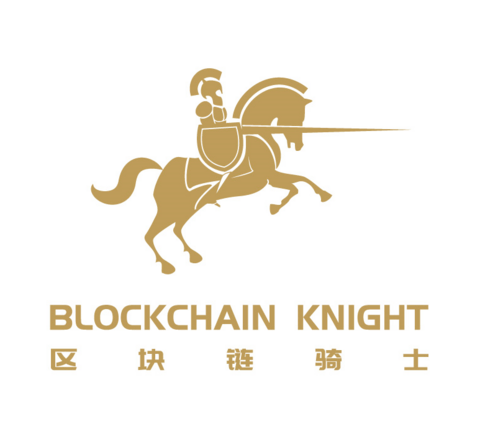If we are optimistic about the blockchain, we should also believe in the future of cryptocurrency
I often hear people outside the blockchain industry say, "I don't believe in cryptocurrencies, but I believe in blockchain." This phrase has become more common and more common with Facebook's recent announcement of its Libra proposal. It's getting more and more frustrating.
At first glance, "blockchains, not cryptocurrencies" may seem like a reasonable point, but the truth is that it completely misses the point of blockchains and cryptocurrencies. This is because cryptocurrencies are nothing more than units of value in a blockchain network, the two are different, but they work hand in hand.
For many, this can be a difficult concept to grasp — in part because embedding the economics of a technology into the technology itself is new.secondary title

The relationship between blockchain and cryptocurrencies
When I joined a leading cryptocurrency exchange almost three years ago as a manager, it became very clear to me that:It will help to realize that a blockchain is a special type of computer — one that can pass information around without requiring a centralized intermediary to make sure everything goes smoothly.In finance, for example, a blockchain computer (or network) provides a way for people to send and receive money over the internet without a bank or credit card company.
In fact, cryptocurrencies are numbers used to transfer value between users of a blockchain network. Take Bitcoin, often referred to as digital gold, for example. The "currency" in the network is Bitcoin, which stands for currency. By building monetary value into the core of the technology, cryptocurrencies transform blockchain computers into digital economies that run on top of them, creating a way to bypass the traditional financial system entirely.
In other words, it’s finance designed for the internet, a programmable currency that anyone with an internet connection can send and receive money like email.
secondary title

Current applications of cryptocurrencies
Generally speaking, cryptocurrencies today are mainly divided into four types: non-fungible tokens (NFTs), security tokens, utility tokens (or virtual goods), and stablecoins.For example, Bitcoin and Ethereum are often considered utility tokens because they act as commodities or utilities within their networks. Security tokens are somewhat similar in function, with the difference that they are often used more as a fundraising tool. Certain security tokens evolve into utility tokens over time as the network matures. The nature of NFTs is entirely different, and today they are best described as immutable tokenized assets. Stablecoins, as the name suggests, are cryptocurrencies that function similarly to traditional currencies.
The value of cryptocurrencies varies by design. For example, the value of Bitcoin is determined by the Bitcoin network, where each Bitcoin is fungible. However, there will never be more than 21 million bitcoins in the network, and its circulation is controlled by algorithms. This is very different from the design of stablecoins like Libra, whose value is pegged to real-world assets like fiat currencies or gold.
Stablecoins can send any dollar equivalent to anyone, as long as he is somewhere with an internet connection. What's more, stablecoin transactions happen almost instantly, at almost no cost, and there is zero chargeback cost.secondary title

The future of blockchain and cryptocurrencies
Going forward, as the addressable market for cryptocurrencies expands, I believe it will attract a slew of developers who will dream up entirely new applications that we can hardly imagine today. Imagine a world where all value can be captured and verified globally, and everyone controls their own data. The underlying value is not just a person's net worth on the blockchain — it can also include identities, health records, college transcripts, insurance policies, land titles, and more.
Stablecoins will undoubtedly play an important role, and I expect this to lead to a thriving ecosystem of crypto-native applications. While native cryptocurrencies like Bitcoin and Ethereum are integral in powering these technologies, cryptocurrencies that maintain a stable value are just as important in connecting the physical and digital worlds.
We need to step out of the current cryptocurrency trading bubble to understand the potential of blockchain to change our daily lives. This includes projects and institutions that are building useful, transformative applications that not only increase efficiency, but also help flatten the global economy, creating a fairer and more connected system.These projects and companies will be built by a group of people who not only understand the world today, but also have the imagination to create a better future, and disciplined people who have the right attitude and do so within the appropriate legal and regulatory framework.
Cryptocurrencies are not reinventing the concept of money, but they are dramatically improving the way transactions are done globally and in the digital age today.
This article was written by Forbes English contributor Sarah Olsen, managing director of corporate development at leading cryptocurrency exchange and custodian Gemini. The article was compiled by the Bluemountain Labs team, and the English copyright belongs to the original author. Please contact the editor for Chinese reprint.



